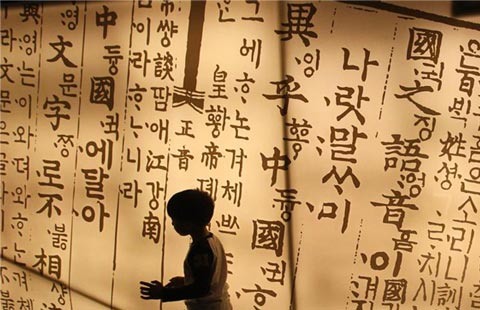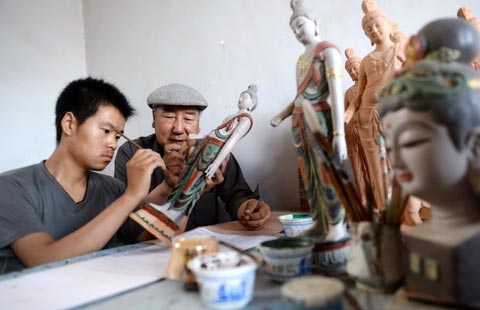Savoring find of chariots and horses
By Wang Qian in Jinan ( China Daily ) Updated: 2014-07-04 08:44:31To Chinese archaeologists and history buffs, Linzi, where the burial site is located, has long been a treasure trove. Now a district of Zibo city, it was the capital of Qi, one of the most powerful states during the Spring and Autumn Period and the Warring States Period (475-221 BC) for more than 800 years.
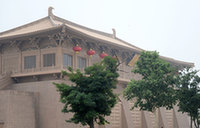 |
Statistics from the local cultural relics bureau show that more than 300 historical sites, 150 large ancient tombs and numerous pieces of valuable cultural relics have been unearthed in the area, earning it a reputation of being an "underground museum".
"Ancient jades, coins, bronze and ceramic products were often found by local farmers who were working on the nearby land several decades ago. The discoveries were so common that not many people treated them as valuable things at the time," says Cao Yuan-liang, a local from Tianjia village in Linzi.
"My father once dug out two jars of daobi, a kind of knife-shaped bronze coin used by Qi State, and sold them at a very low price. But now, a single one is worth as much as 100,000 yuan ($16,000)."
Jiang Jian, an expert on Qi culture, attributed the appearance of so many cultural relics to the prosperity of Qi State. Linzi was one of China's most flourishing cities from the Spring and Autumn Period to the Han Dynasty (206 BC-AD 220), he says.
Jixia Academy, established by Duke Huan of the Qi State, reached its peak under the rule of Duke Xuan (350-301 BC). It is said to be China's earliest think tank and is often compared with the Platonic Academy in Athens, Greece. It invited gifted men from different backgrounds and schools of thought to give lectures and participate in political decision making.
On Sept 12 every year, the birthday of the first Qi ruler Jiang Ziya, a memorial ceremony is held in Linzi. It attracts thousands of his descendants, scholars and tourists, who pay their respects to the master and to share thoughts on the research of Qi culture.
|
|
|
|
|
|
|
|
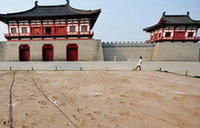

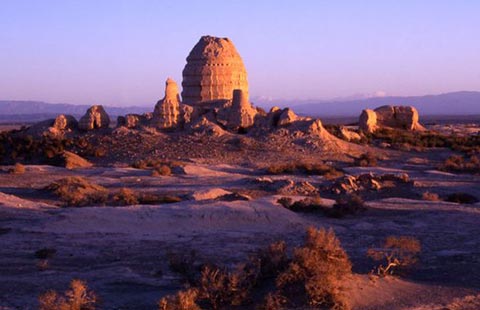


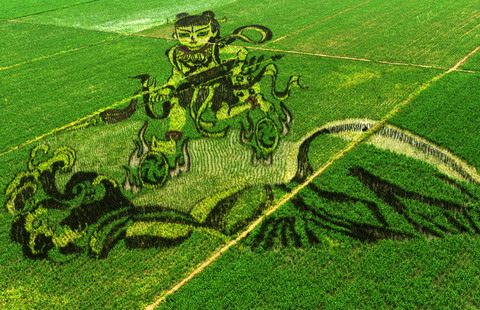









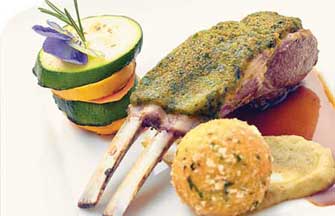
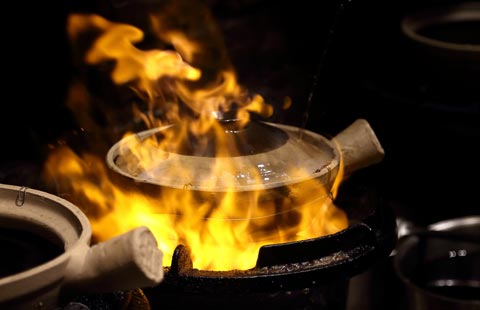


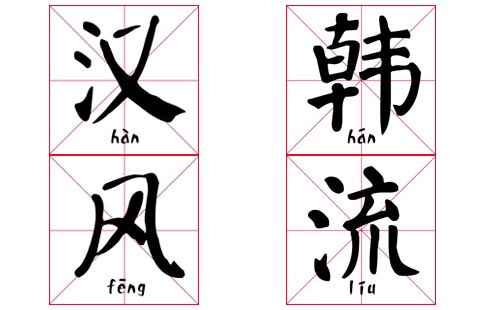



 Raymond Zhou:
Raymond Zhou: Pauline D Loh:
Pauline D Loh: Hot Pot
Hot Pot Eco China
Eco China China Dream
China Dream China Face
China Face

